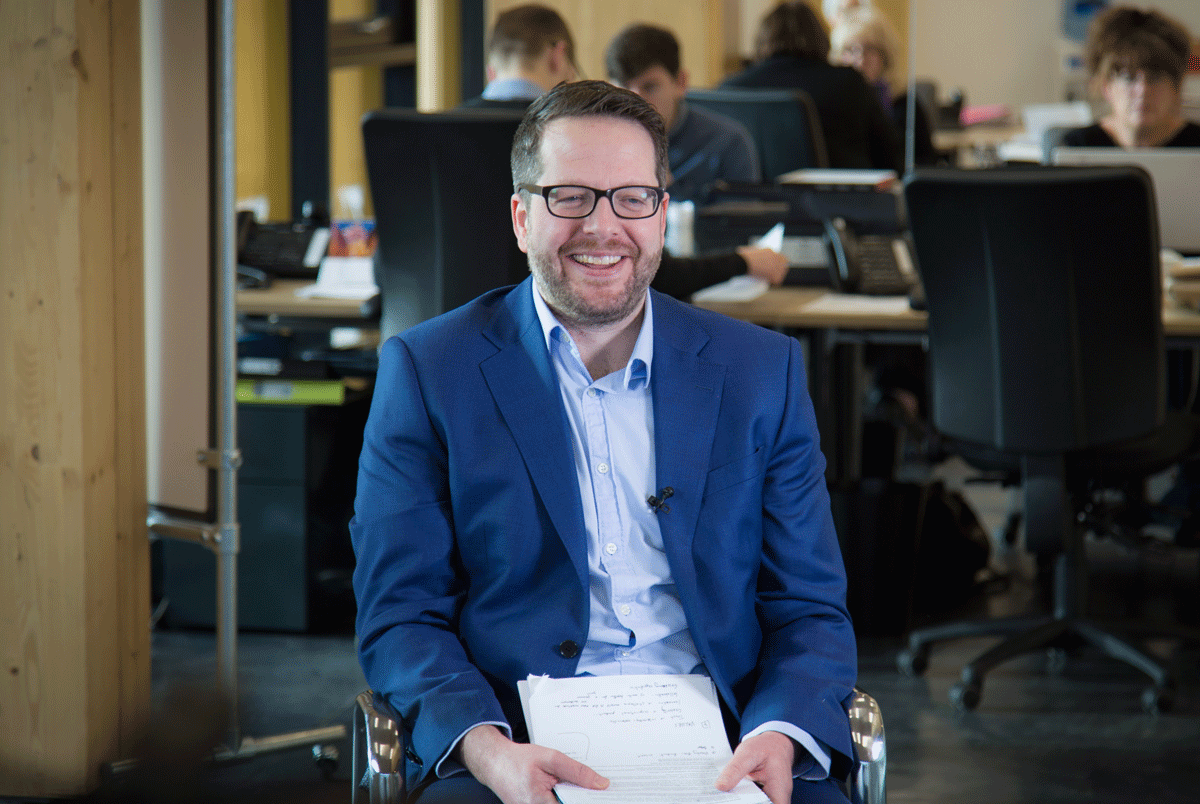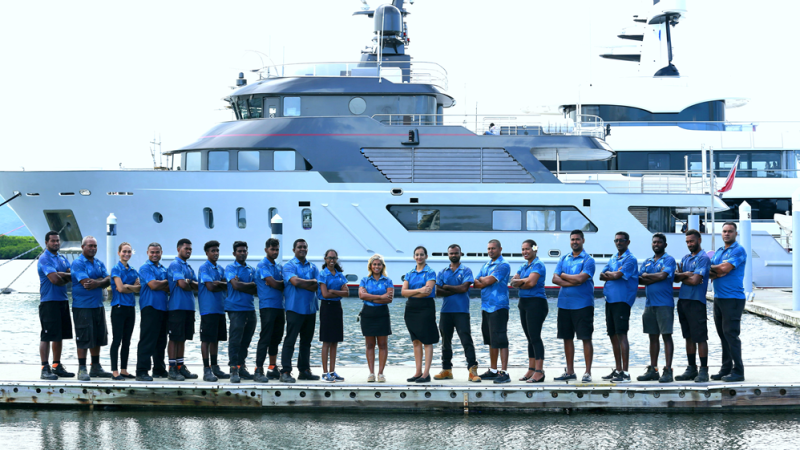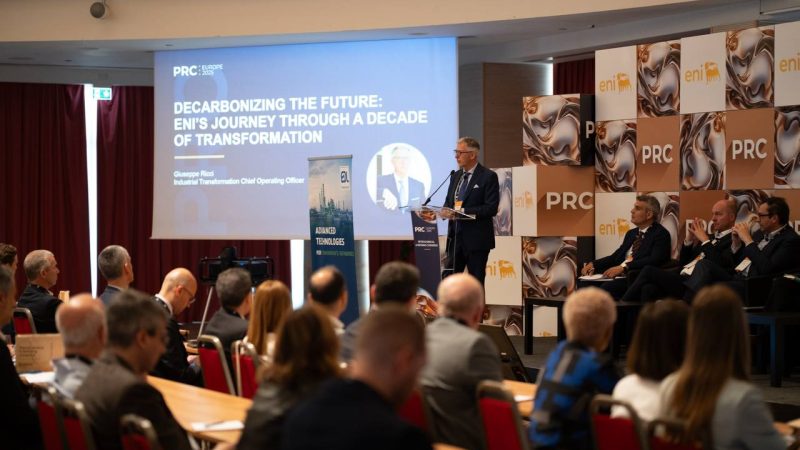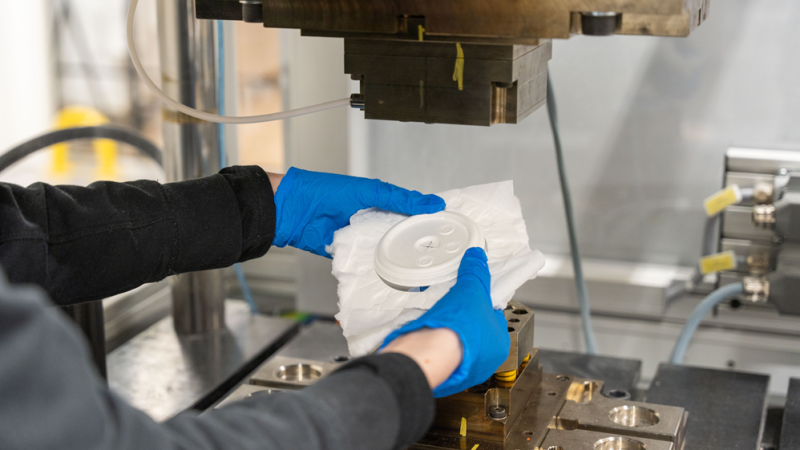Recycling is older than you think. For Rawlings Group, recycling dates back to the 1850s, when one George Rawlings took a horse and cart around Bristol, collecting empty bottles from breweries.
Six generations later Tom Wood joined the company, becoming Rawlings’ Managing Director, and he brought about some transformations of his own.
“At that point, we were overexposed, with a few big customers in the glass-packaging space doing glass jars and bottles for the food and drink industry,” Wood explains. “My first priority was to spread our risk and diversify into new customer sectors. We moved into e-commerce, health and beauty, candles, and cosmetics. That drive to diversify has guided us when we have later looked to acquire businesses.”
Expanding Frontiers
Rawlings Group maintains its core foundation of bottles and jars, but now also provides equipment for drinks businesses via the acquired brand Vigo and eco paper and cotton bags via Paper Bag Company.
“Essentially what we are trying to do is provide a wide range of various packaging across the food, drink and cosmetics sectors,” Wood tells us.
 As it moves into these new sectors, Rawlings carries with it the competitive edge of its independence.
As it moves into these new sectors, Rawlings carries with it the competitive edge of its independence.
“Our Vigo division has 12 engineers in the field, our own remote field sales teams and an account management force to provide account management and support,” Wood points out. “That combination of customer support, packaging and equipment means that we can tailor our filling lines to the bottles our customers need to use.”
To offer the kind of services Rawlings aims to provide, it needs to stay at the forefront of the technological developments in the field. “When I started, we had one warehouse and an antiquated warehouse management system,” Wood says. “We had some IT capability, but it relied on the knowledge of individual people.”
Today Rawlings Group has four warehouses, ten times the number of SKUs, and the technology necessary to support a seamless customer experience.
As the company continued its expansion through acquisition, it faced challenges bringing together different companies, each with its own cultures and identities into a cohesive supportive group.
“When you grow by acquisition it can feel disjointed, and one thing we work hard on is drawing together all these strands of the business,” Wood says. “We have only been in the paper bags market for a couple of months, but our people in each division work across the Group’s brands, and we found we had a customer of all three divisions. A company that was buying bags, bottles, and equipment from us. That is our ideal customer.”
Part of the Family
It is a process Rawlings is looking to continue, searching for new businesses to acquire that can fill the gaps between its existing businesses.
“I’m an intuitive leader, and I get very involved in talking to the companies that approach us or that want to approach,” Wood says. “A lot of it is gut feeling. The financials need to be right, but you need to feel like you can work with the management team and people there.”
Acquisition by Rawlings is a slow, long-term process of integration, not simply a question of stamping the Rawlings brand over everything.
“We take months to understand the business,” Wood says. “We ask them what help they think they need and listen and help where they can use help. We certainly see an acquisition in terms of a cultural addition, rather than a cultural fit. When a company joins us, we become a new entity, and we ask ourselves what that entity looks like.”
Rawlings’ acquisitions retain their brand and continue to serve the same customer segments. They are allowed a degree of freedom in their operations, and in this way, Rawlings has been very successful in retaining key skills.
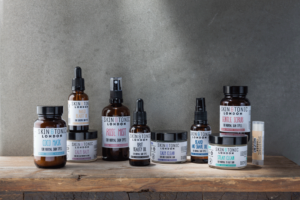 “We bought a company called Compak Group in 2019, and all four former shareholders are still with the business even now. The owners feel their company’s future is best as a joint entity,” Wood says.
“We bought a company called Compak Group in 2019, and all four former shareholders are still with the business even now. The owners feel their company’s future is best as a joint entity,” Wood says.
As well as accommodating and adapting to include new acquisitions, Rawlings also closely collaborates with other companies across its supply chain – and the world. Rawlings is firmly based in Britain, but when we speak to Wood he is in Hong Kong, attending a tradeshow for cosmetic packaging and using the opportunity to reach out to local suppliers in the region.
“It is important to stay connected with suppliers here, across China and the rest of Asia,” Wood says.
However, in some ways, change will always be a constant at Rawlings Group. The current generation of the firm’s owners are the first to not directly work in the business, but they are still heavily involved in the company and are keen to protect its legacy.
“We have built a new office, on-site with one of our warehouses. The owners were keen not to just chuck something up but to create a generational building we can be proud of,” Wood says. “They take the same approach to investment. When I started the company was ten people. Now we are a hundred. The owners are taking a long-term view. They have not withdrawn a dividend for the last three years. Instead, the profits have gone back into growing the business. We just want to make this the best place it can be for customers, suppliers, and our own people.”
